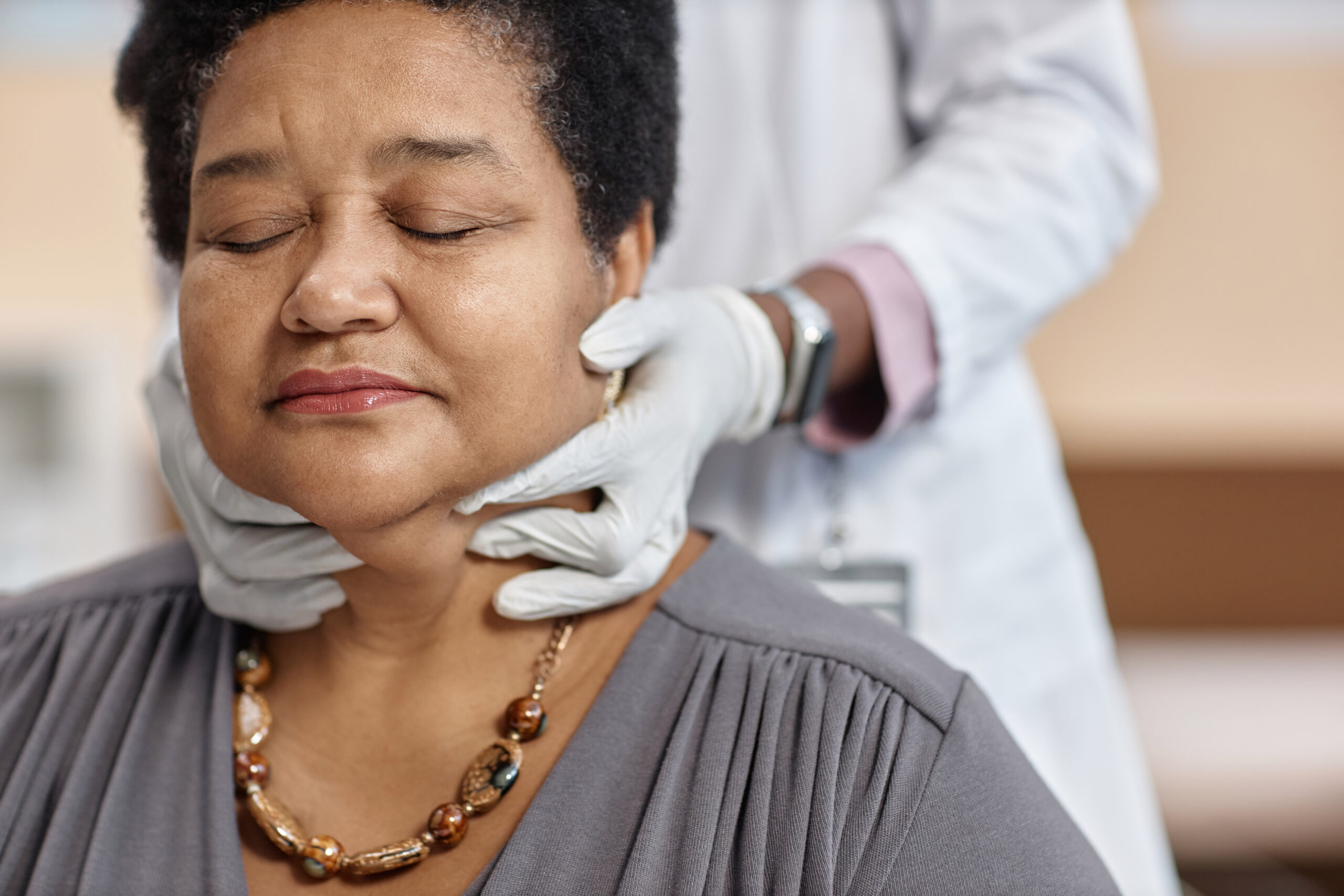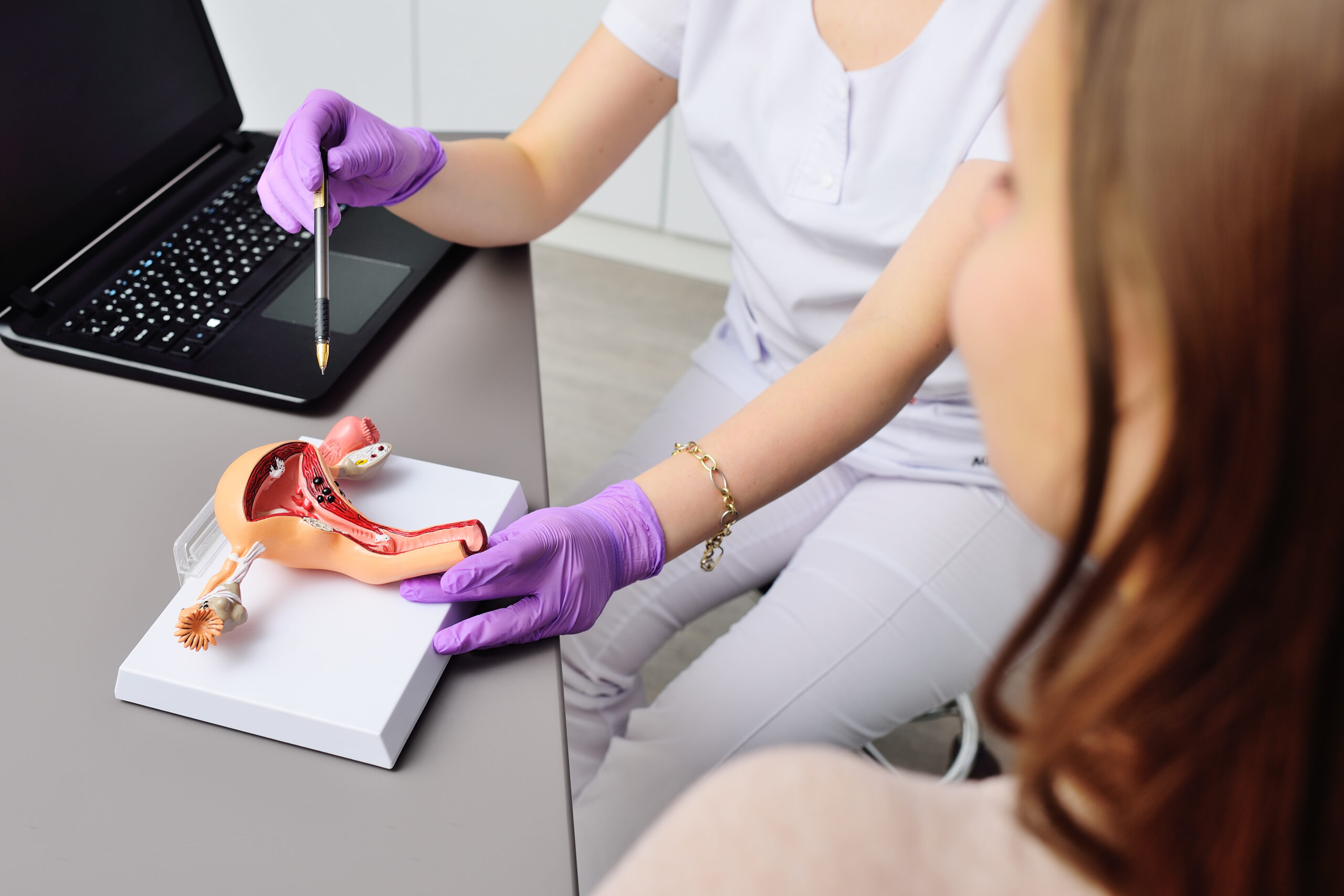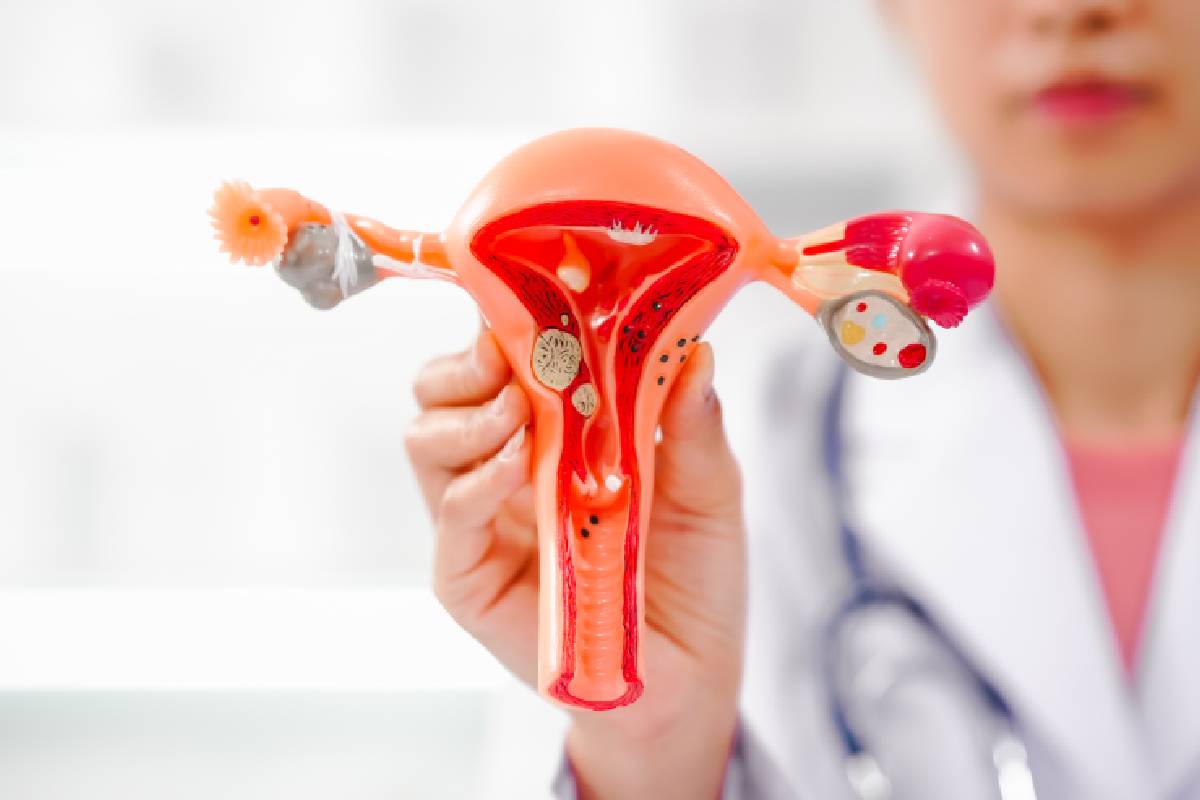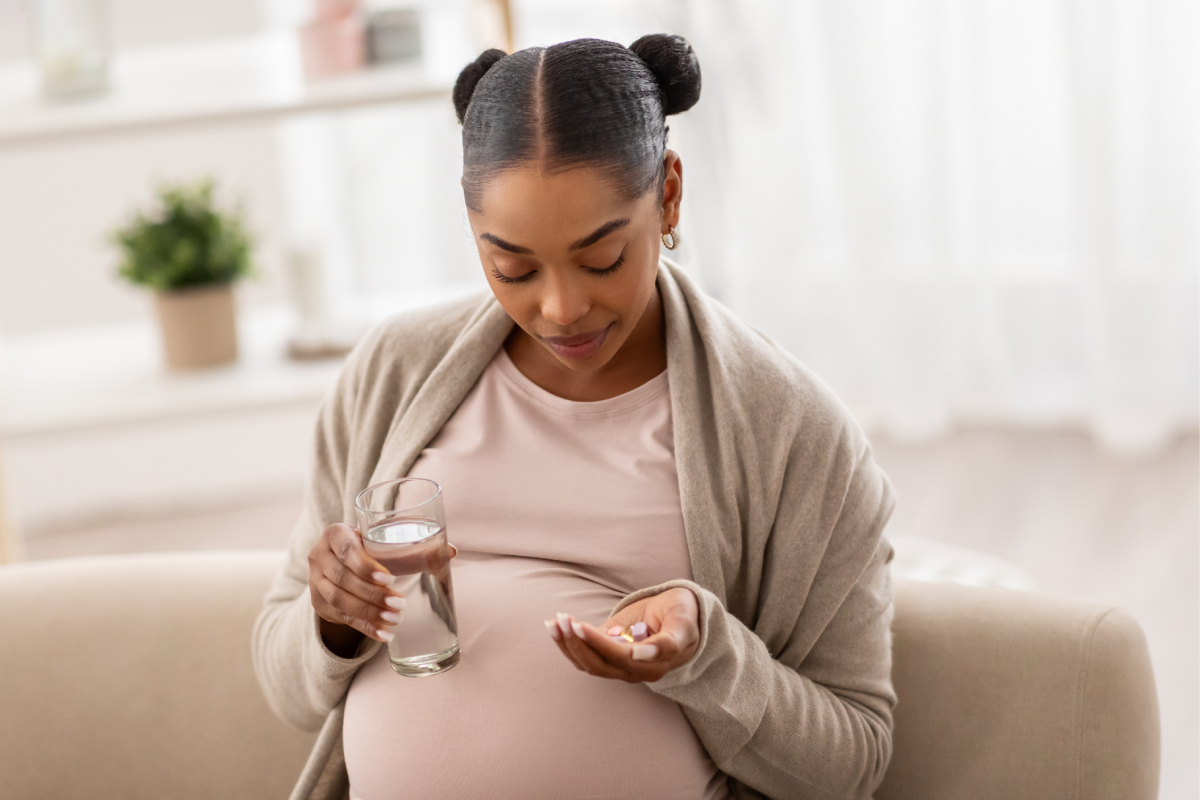
March is Endometriosis Awareness Month, a time to shed light on a condition that affects 1 in 10 women of reproductive age. Endometriosis is often misunderstood and misdiagnosed. However, at A Woman’s Place in Naples, FL, we are committed to educating women about this often debilitating disease, its symptoms, and the options for treatment.
What Is Endometriosis?
Endometriosis occurs when tissue similar to the lining of the uterus (endometrium) grows outside the uterus. This tissue can implant on the ovaries, fallopian tubes, pelvic lining, and other organs. While this tissue behaves like the uterine lining—thickening, breaking down, and bleeding during the menstrual cycle—it has no way to exit the body, causing pain and other complications.
Common Symptoms of Endometriosis
Symptoms vary from person to person, but some of the most common include:
- Pelvic pain: Often worse during menstruation.
- Painful periods (dysmenorrhea): Cramping and discomfort that may be debilitating.
- Pain during intercourse: A common symptom that can affect quality of life.
- Heavy or irregular bleeding: Including spotting between periods.
- Infertility: Up to 30–50% of women with endometriosis may experience difficulty conceiving.
- Fatigue, bloating, and digestive issues: Often mistaken for other conditions.
If you’re experiencing these symptoms, it’s important to see one of our providers to receive an accurate diagnosis and discuss treatment options.
What Causes Endometriosis?
The exact cause of endometriosis is unknown, but several factors may contribute:
- Retrograde menstruation: Menstrual blood flows backward into the pelvic cavity instead of leaving the body.
- Genetics: Family history may increase risk.
- Immune system dysfunction: Could play a role in the body’s response to abnormal tissue.
Diagnosing and Treating Endometriosis
Endometriosis is often diagnosed through imaging tests (like ultrasounds) or laparoscopy, a minimally invasive surgical procedure.
Treatment options vary depending on the severity of symptoms and a woman’s goals, such as managing pain or preserving fertility. These include:
- Pain management: Over-the-counter or prescription medications.
- Hormonal therapy: Birth control pills, IUDs, or other hormonal treatments can slow tissue growth.
- Surgery: Laparoscopic surgery can remove endometrial tissue for symptom relief or to improve fertility.
- Lifestyle changes: Diet, exercise, and stress management may help alleviate symptoms.
The Importance of Awareness
Endometriosis is a complex and often misunderstood condition. Raising awareness ensures more women receive timely diagnosis and effective treatment.
If you suspect you may have endometriosis or are struggling with its symptoms, the team at A Woman’s Place in Naples, FL, is here to help. We provide personalized care to support your health and well-being.
For more information or to schedule an appointment, visit: https://www.awpnaples.com/contact/.
Further Reading:
Learn more about endometriosis at https://www.endofound.org.
March is Endometriosis Awareness Month, a time to shed light on a condition that affects 1 in 10 women of reproductive age. Endometriosis is often misunderstood and misdiagnosed. However, at A Woman’s Place in Naples, FL, we are committed to educating women about this often debilitating disease, its symptoms, and the options for treatment.
What Is Endometriosis?
Endometriosis occurs when tissue similar to the lining of the uterus (endometrium) grows outside the uterus. This tissue can implant on the ovaries, fallopian tubes, pelvic lining, and other organs. While this tissue behaves like the uterine lining—thickening, breaking down, and bleeding during the menstrual cycle—it has no way to exit the body, causing pain and other complications.
Common Symptoms of Endometriosis
Symptoms vary from person to person, but some of the most common include:
- Pelvic pain: Often worse during menstruation.
- Painful periods (dysmenorrhea): Cramping and discomfort that may be debilitating.
- Pain during intercourse: A common symptom that can affect quality of life.
- Heavy or irregular bleeding: Including spotting between periods.
- Infertility: Up to 30–50% of women with endometriosis may experience difficulty conceiving.
- Fatigue, bloating, and digestive issues: Often mistaken for other conditions.
If you’re experiencing these symptoms, it’s important to see one of our providers to receive an accurate diagnosis and discuss treatment options.
What Causes Endometriosis?
The exact cause of endometriosis is unknown, but several factors may contribute:
- Retrograde menstruation: Menstrual blood flows backward into the pelvic cavity instead of leaving the body.
- Genetics: Family history may increase risk.
- Immune system dysfunction: Could play a role in the body’s response to abnormal tissue.
Diagnosing and Treating Endometriosis
Endometriosis is often diagnosed through imaging tests (like ultrasounds) or laparoscopy, a minimally invasive surgical procedure.
Treatment options vary depending on the severity of symptoms and a woman’s goals, such as managing pain or preserving fertility. These include:
- Pain management: Over-the-counter or prescription medications.
- Hormonal therapy: Birth control pills, IUDs, or other hormonal treatments can slow tissue growth.
- Surgery: Laparoscopic surgery can remove endometrial tissue for symptom relief or to improve fertility.
- Lifestyle changes: Diet, exercise, and stress management may help alleviate symptoms.
The Importance of Awareness
Endometriosis is a complex and often misunderstood condition. Raising awareness ensures more women receive timely diagnosis and effective treatment.
If you suspect you may have endometriosis or are struggling with its symptoms, the team at A Woman’s Place in Naples, FL, is here to help. We provide personalized care to support your health and well-being.
For more information or to schedule an appointment, visit: https://www.awpnaples.com/contact/.
Further Reading:
Learn more about endometriosis at https://www.endofound.org.








